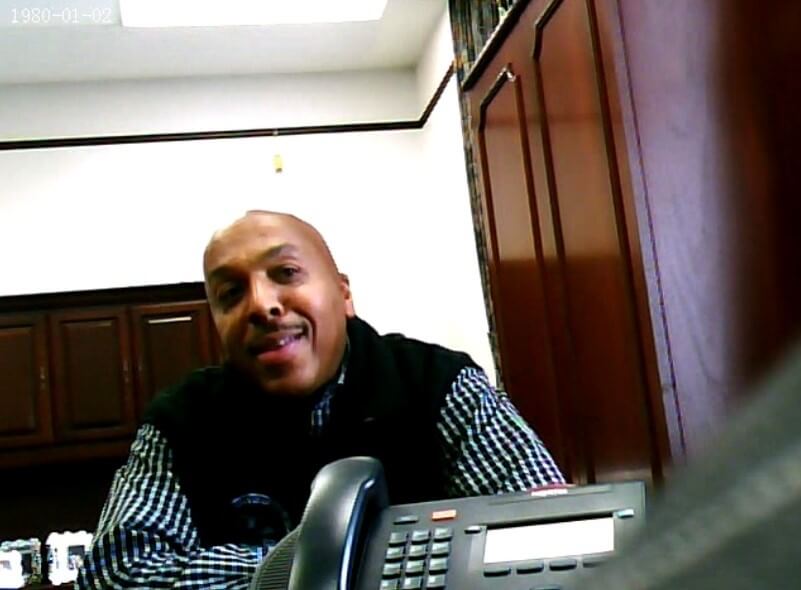State Reps. Ronald Waters and Vanessa Lowery Brown turned themselves in on Tuesday to face charges of accepting money “in exchange for promised political actions” from a confidential informant from 2011 to 2012, D.A. Williams Seth announced on Tuesday. In addition, Waters set up and attended a meeting with a Philadelphia Parking Authority executive to assist the informant in getting a contract and contacted an elected official to help the informant’s friend get a job in return for the funds, according to the D.A. In return for funds, Brown supported privatizing state-owned liquor stores, promised to vote against a phone service discount service for low-income citizens, “Lifeline;” and set up and attended a meeting for the informant with Tynes.
Two Philly pols indicted in controversial corruption sting
Waters accepted $8,750 and Brown accepted $4,000 from an informant who wore a wire and taped the encounters, the D.A. said.
Waters and Brown did not dispute the allegations, D.A. Williams said.
“Both officials personally appeared before our grand jury and fully admitted that they knowingly took illegal cash payments,” Williams said in a statement.
In one recording, the informant gives Waters $2,000, then says, “Just make sure you vote no on that,” according to the tapes.
“OK,” Waters replied.
On another tape, Brown told the informant, “I need a contribution. I’ll take cash.”
After the informant offered her five hundred dollars, Brown replied, “What do you need me to do?”
Former Philadelphia Traffic Court supervising judge Thomasine Tynes was previously indicted in October for accepting a $2,000 Tiffany’s bracelet in return for favors.
Tynes, Brown, Waters and two other Democratic state representatives from Philadelphia, Louise Bishop and Michelle Brownlee, were all allegedly caught accepting illegal gifts during the sting which Attorney General Kathleen Kane shut down and called “unprosecutable.”
Then-Attorney General Tom Corbett set up the sting and assigned a confidential informant, who the Inquirer has identified as former political operative Tyron B. Ali.
In June, D.A. Williams announced that he had taken the case file from Kane and was convening an investigatory grand jury.
Funds for favors?
Both Brown and Waters allegedly accepted bribes to vote “no” on House Bill 934, which would have established new voter identification requirements. The bill was already opposed by the state Demoratic party.

































